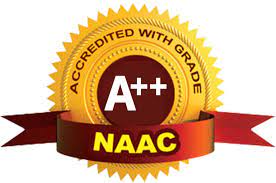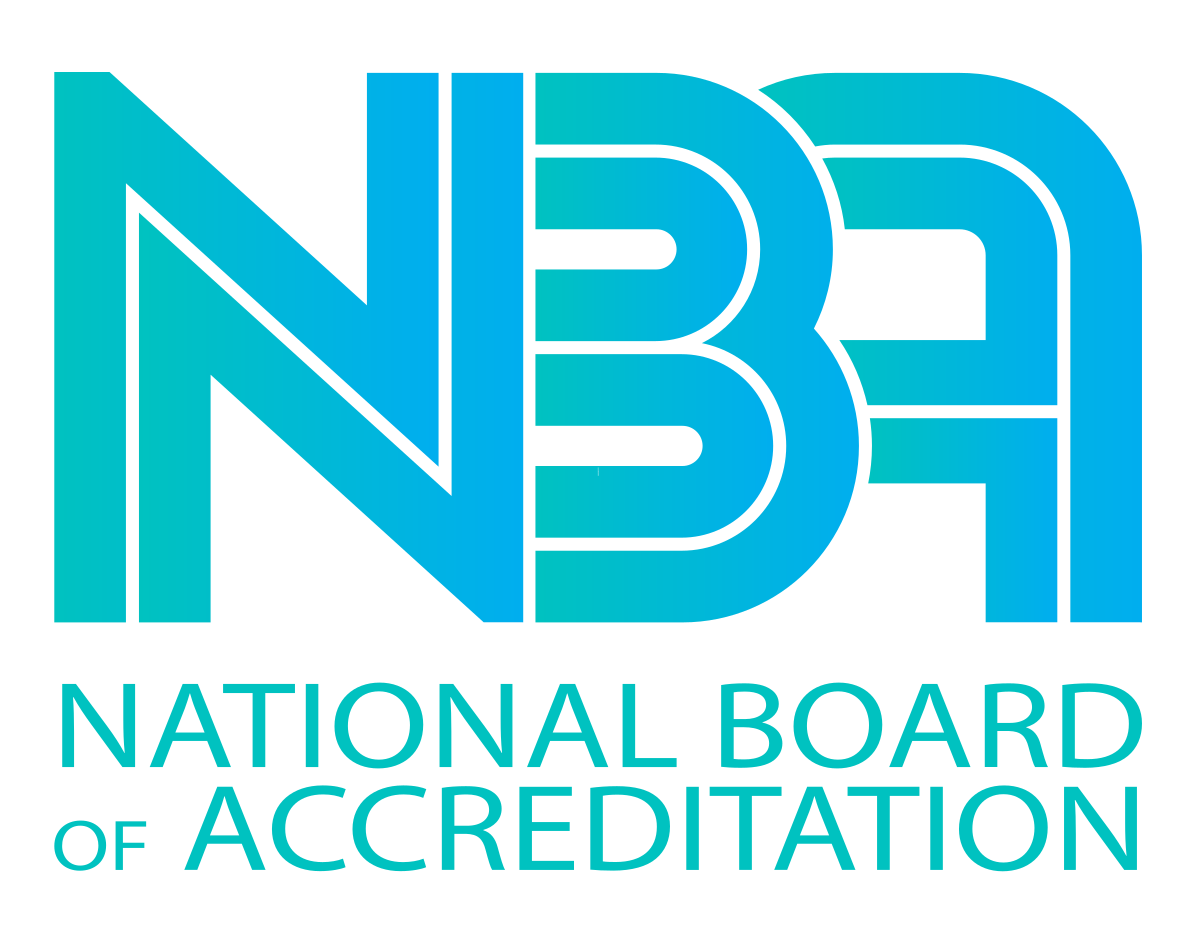 Counselling Code: 2726
Counselling Code: 2726



DEPARTMENT of Automobile Engineering
PROGRAM EDUCATIONAL objectives
PROGRAM EDUCATIONAL OBJECTIVE 1
Graduate will possess the knowledge to diagnose and troubleshoot the automotive systems by applying the basic concepts of mathematics, science and engineering.
PROGRAM EDUCATIONAL OBJECTIVE 2
Graduates will have exposure to multidisciplinary areas to meet the automobile industry challenges in the areas of autotronics, vibration, ergonomics and safety systems
PROGRAM EDUCATIONAL OBJECTIVE 3
Graduate will have the expertise to carry out the complex researches in advanced automotive techniques
PROGRAM EDUCATIONAL OBJECTIVE 4
Graduate will be skilled to play the key role in large scale automotive industry and to develop as the standard entrepreneur in automobile allied sectors.
PROGRAM EDUCATIONAL OBJECTIVE 5
Graduate will practice engineering with moral, social and ethical values with positive constraints.
OUR
PROGRAMME SPECIFIC OUTCOMES
PROGRAM SPECIFIC OUTCOME 1
- Design, analyze, interpret, formulate and to find the solution for automobile related problems.
PROGRAM SPECIFIC OUTCOME 2
- Use the vehicle design data, Vehicle dynamic characteristics, Acoustics and Harshness to design the futuristic automobile system, subjected to moral, social and environmental constraints.
